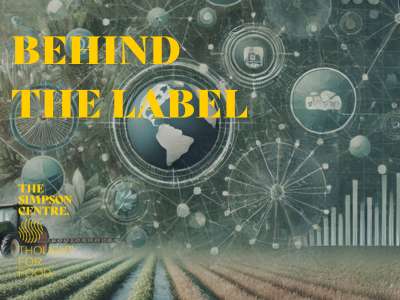Canada’s Currency Appreciation Being Reversed – Gelb Warns Canada that Careful Management of Resource Wealth Needed
Natural resources can be a curse or a blessing for countries. Resources mean revenue, but can also create dependency, lack of diversification, large currency swings, and costly economic and political instability. The lesson for Canada, delivered at a press conference in Ottawa today by renowned economist Alan Gelb, is that we need to manage our spending to avoid Dutch disease and manage our politics to avoid dependency on resource revenues.
In a report published today by The School of Public Policy, Gelb argues that the prosperity of a resource-rich nation hinges on the management of its resources and warns that countries like Canada must avoid becoming complacent in terms of resource management.
“Even once reasonably democratic and accountable countries, such as Venezuela, have been caught unprepared on the dangerous double edge of a resource boom and have seen their governance systems substantially eroded,” Gelb writes. “Developing the fiscal capacity to withstand commodity-market shocks, creating effective and durable checks and balances on systems of legislative power, enforcing transparency in budgeting and public-investment management, and maximizing tax efficiencies and tax administration, are all areas where Canadians can and should focus their efforts.”
Building fiscal capacity to withstand commodity-market shocks is an area that Gelb provides particular emphasis. Gelb indicates that countries are prone to higher public spending when resource prices are high, but this temptation is something that should be resisted. Instead, he argues, it is critical to create savings buffers in order to absorb inevitable price shocks.
“This may be especially important for provinces like Alberta with high-cost resources such as oil sands, because rent margins will be even more volatile than prices,” Gelb writes.
The report can be found here.


